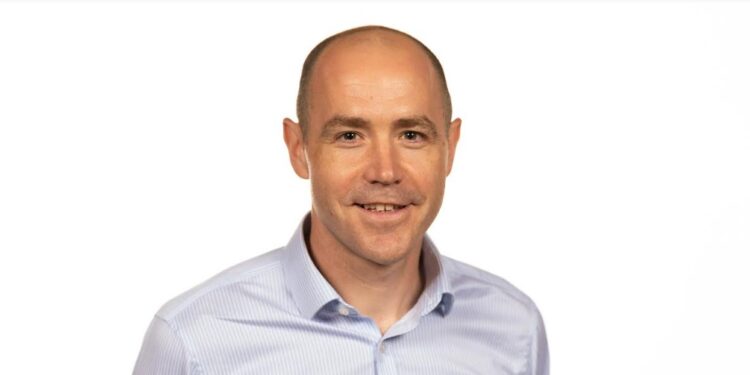Three in 10 advisers claim customers are becoming more conscious of protecting themselves against everyday risks as hospital visits for accidents grow in prevalence.
This is according to MetLife UK’s Everyday Risk Report which surveyed more than 3,000 customers and 500 advisers.
It found that accidents make up one in 10 of all hospital visits, and over three quarters (76%) of these lead to admission for further treatment.
Falls, trips and bumps account for the largest proportion of accident admissions at 34.6%, a total sum of 453,004, followed by poisoning (for example, the ingestion of foods, chemicals, drugs and wider items, as well as exposure to toxic materials) with more than 85,000 admissions.
On the rise for 10 years
The firm’s analysis of multiple data sources showed daily visits to Accident and Emergency (A&E) units across UK hospitals have been on the rise for a decade.
An average of 16 million people visit major hospital A&E units, and 9 million at minor units, every year.
Despite the UK population rising 6.8%, in the most recent quarter attendances at major A&E departments were 14% higher than they were 10 years ago (more than 5,800 per day), and attendances at minor A&E departments were a significant 36% higher (more than 7,300 per day).
Protection gap
However, while accidents are more commonplace, consumer research from MetLife found that UK adults have previously needed, or would need, an average of £1,217 from their savings to support them should they need to take time off work or out of their business due to accident or illness.
The Everyday Risk Report also includes the views of financial advisers who recommend and sell financial protection.
These advisers reported they are seeing a marked increase in the volume of customers wanting to protect themselves so they can enjoy everyday life moments like playing their favourite sport, gardening, or taking their dog for a walk.
Almost three in 10 advisers (29%) said their customers were more conscious about protecting their ‘everyday lives’ than ever before, and over a third (34%) are seeking this type of cover.
But despite the increased desire to protect themselves, the research also found there was still a knowledge gap on what the right type of cover is for their needs.
Three in 10 (31%) advisers confirmed their clients had taken out the wrong type of protection before seeking advice, while 29% said that most customers had little understanding of the kinds of protection products available for them, with a quarter (25%) often not understanding the difference in financial protection offerings.
Far from a rare occurrence
Rich Horner, head of individual protection at MetLife UK, (pictured) said: “Accidents are far from a rare occurrence, and the Everyday Risk Report exposes the raw facts; that the scale of hospital visits continues to grow.
“The simplest of daily tasks gone wrong can turn your whole life around.
“Imagine falling out of bed, falling over on your way to work or having a serious asthma attack while kicking a ball around.
“And the financial difficulties an injury or illness can cause shouldn’t be underestimated.
“Trying to get better with financial concerns while you are earning less, or not at all, can have a real impact both at the time, and far into the future.
“We understand the impact that a simple accident or illness can have.
“Yet many in the UK don’t, and still only protect themselves with policies that pay for the most serious of illnesses, or for their death.
“We want people to feel confident in saying yes to enjoying their life without concern for the ramifications, which is why we offer a range of protection products that cover accidents and hospitalisation.
“One reason we created the UK’s first Everyday Risk Report is to help advisers understand and easily communicate their clients’ risks.
“But as an industry we also need to collectively help improve people’s understanding of the types of protection cover available – ones that help relieve financial stress and worry for everyday people who just want to live their best lives, every single day.”






